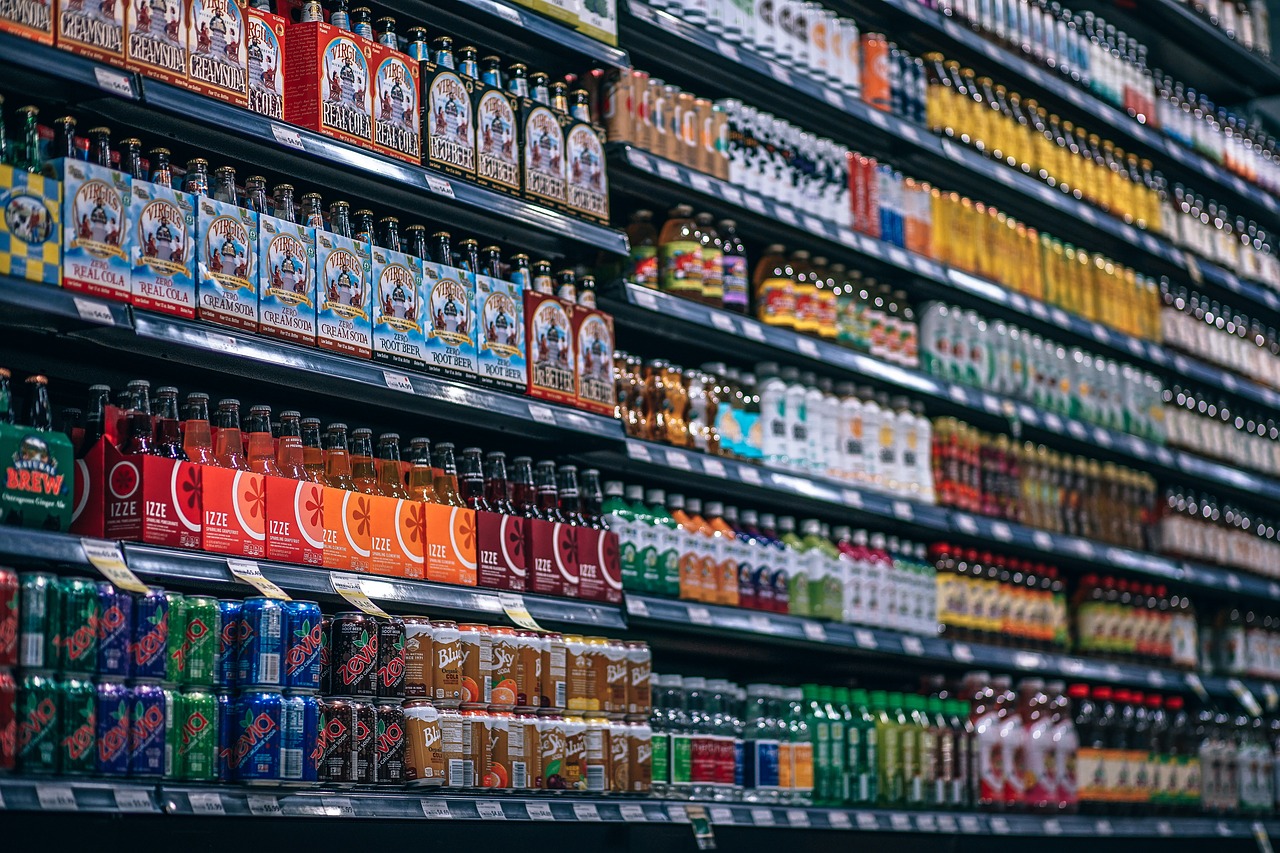There are over 41 billion plastic and glass bottles and beverage cans that every year, in Europe, escape the recycling circuit and end up in landfills, incinerators or, worse, in rivers and the sea. This is the alarming figure contained in the new report “What We Waste”, made public on April 29th by Reloop, a non-profit organization that brings together NGOs, industries and governments to work towards the goal of circular transition.
The report, supported by Break Free From Plastic and the Changing Markets Foundation, analyzed a massive amount of data over the past 20 years on beverage container sales and recycling rates in 93 countries around the world, including 24 European Union countries.
While the waste of beverage packaging has become increasingly disproportionate and unsustainable around the world, there is good news. Reloop's data shows that the introduction of Deposit Return Systems (DRS) can cut waste up to as much as 75%.
Cutting the wastage with Deposit Return Systems
The "What We Waste" report’s data reveals, for the first time clearly, the impact that the adoption of Deposit Return Systems would have on beverage container waste. These systems encourage the consumer to return the empty container after consumption, to refill it or to get back a refund of the small amount of money that was withheld as a deposit. According to Reloop and many others it’s the best method to fight plastic pollution and in general to recover materials to be used for recycling.
In Europe, Deposit Return Systems have so far been introduced in eight countries, including Germany, Finland and Lithuania. Lithuania, in particular, has become a textbook case: in 2015, before the adoption of DRS, 113 bottles and cans were wasted per capita per year, one every three days; in 2017, with DRS operating at full capacity, waste was reduced to just 14 containers per person per year. In total, the 315 million Europeans living in countries without Deposit Systems waste 126 containers per capita per year, while for those with a DRS loop, the number drops to only 16.
If the entirety of Europe were to adopt this method, Reloop has calculated that 31 billion bottles and cans would be saved from landfill, with a net cut of 75% on current waste. The reduction, of course, would also affect carbon emissions: reusing a glass bottle, for example, can cut emissions by 40%, while recycling an aluminum can is 92% more efficient than using virgin raw material.
“Whether through refill or deposit return systems for recycling – Clarissa Morawski, CEO of Reloop, explains – getting empty drinks containers back reduces wastage substantially, meaning fewer cans and bottles end up littered in our environment, landfilled or incinerated. These approaches reduce cleanup costs for local government, they promote jobs in the circular economy, and they reduce our carbon emissions. From a consumer perspective, the experience is the same. If you return an empty bottle, you get your money back, and you know that, whether the next step is refill or recycling, it's not being wasted and the environmental impact is markedly lower.”



